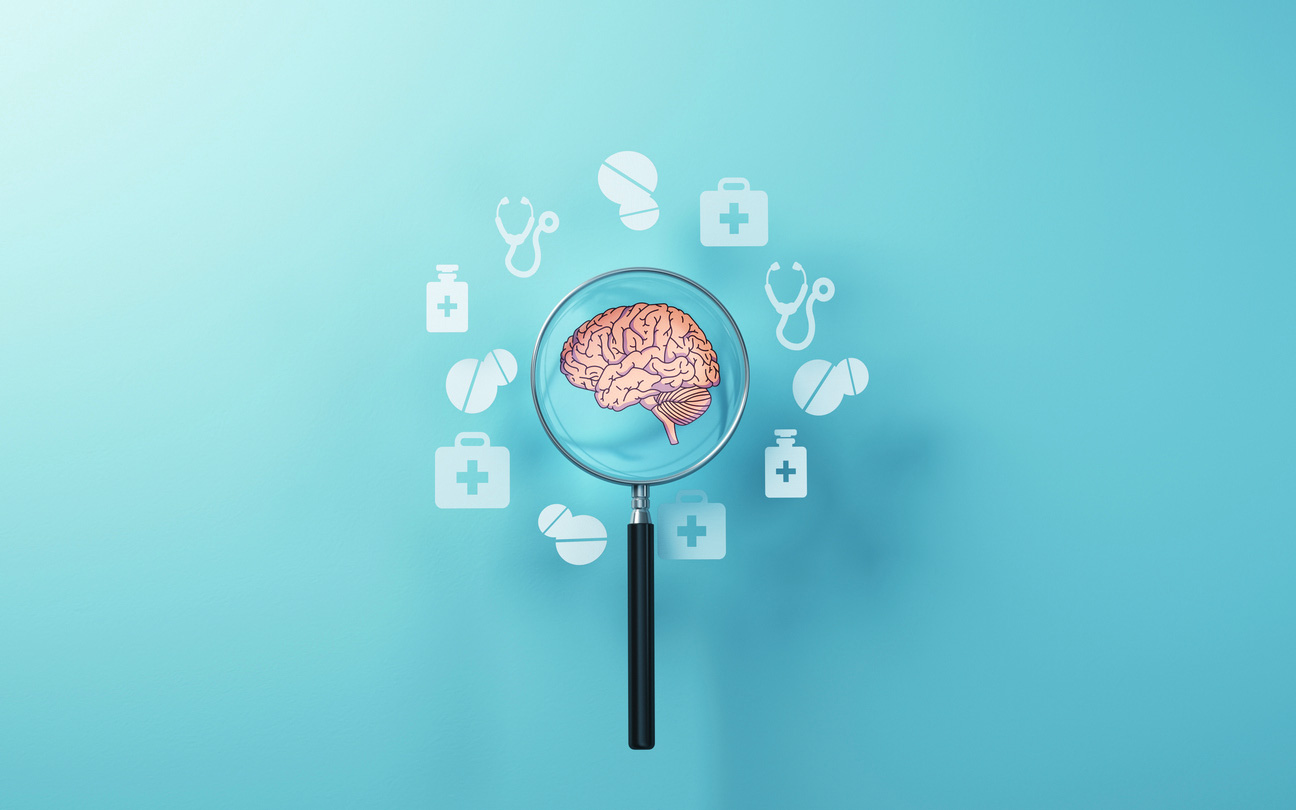
Parkinson's disease is a progressive disorder that affects the nervous system and parts of the body that are controlled by nerves.
Science hasn’t yet found an exact answer to why people get Parkinson’s disease, however it’s theorised that a combination of genetics and exposure to one or more environmental factors may play a role.
April is Parkinson’s Disease awareness month. This presents an opportunity for us all to learn more about this neurological disease which more than 150,000 Australians are living with.
What do we know?
The area of the brain impacted is the substantia nigra, which is one of the dopamine producing centers; dopamine being an important neurotransmitter that helps nerves send messages to each other to create smooth and controlled movement. When there is an 80% or greater loss of dopamine producing cells symptoms of Parkinson’s may start to develop.
Research has also found that another neurotransmitter, norepinephrine can be lower in Parkinson’s sufferers. Norepinephrine plays an important role in controlling circulation and some other autonomic body functions.
There are no specific tests that can be done to diagnose Parkinson’s disease; rather a diagnosis is made clinically via a thorough medical history and neurological examination. Further testing including blood work may be used to rule out other disorders.
Parkinson’s can present with a broad spectrum of symptoms that can develop very slowly over a matter of years. Early symptoms may be so minor that they go almost unnoticed.
There are motor symptoms:
• Hand tremors
• Loss of balance
• Slowness (bradykinesia)
• Muscle stiffness (Rigidity).
• Freezing episodes
There are also non-motor symptoms and various cognitive impairments
• Depression + anxiety,
• Sleep disorders
• Loss of smell
• Bladder and bowel control
• Hypotension (low blood pressure)
• Fatigue
The diversity of symptoms experienced by each person can be very different. This makes it quite difficult to predict the course of the disease, all we can be certain of is that it is degenerative in nature.
What can you do to help your loved ones?
Support groups can be an invaluable source of information, advice and experience to help people deal with the emotional impact of this disease. Many people living with Parkinson’s disease can continue to work in some capacity but may need to adjust schedules and working environment to accommodate their symptoms. This is where being educated and proactive can be immensely important especially as a family member or loved one of someone who is diagnosed with Parkinson’s disease.
Parkinson’s disease cannot be cured, however the symptoms can be managed with
• Medication to help maximise the availability of dopamine in the brain.
• Lifestyle adjustments and exercise. Evidence suggests that regular exercise can improve symptoms via improved strength and co-ordination, reduced risk of falls and better control over gross motor skills.
• Surgical Intervention for some cases in the form of Deep Brain Stimulation. This is not suitable for everyone and there are strict criteria. This can be discussed with your doctor.
People with Parkinson’s disease have a near normal life expectancy thanks to advances in both the understanding of the disease and treatment options. The research is ongoing and ever evolving.